Safe & Affordable Dental Care in Turkey: A Dutch Patient's Guide
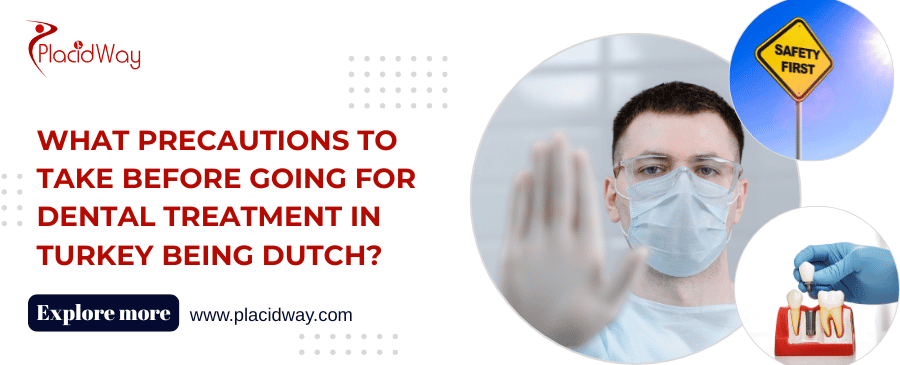
Starting a journey for dental treatment in Turkey has become an increasingly popular option for many, including Dutch citizens seeking high-quality care at affordable prices. The allure of a "Hollywood smile" combined with a Mediterranean holiday is certainly tempting. However, before you pack your bags, it's essential to be well-informed and take the necessary precautions to ensure your dental tourism experience is safe, successful, and stress-free. This guide will walk you through everything you need to know, from choosing the right clinic to understanding the treatment process and aftercare. We'll address the most common questions and concerns to help you make an informed decision about your dental care in Turkey.
Is it safe for Dutch citizens to get dental treatment in Turkey?
The safety of dental treatment in Turkey is a primary concern for many international patients. The good news is that the Turkish government and dental associations have established strict regulations to ensure patient safety. Many top-tier clinics are accredited by international bodies like the Joint Commission International (JCI) or have ISO 9001 certification, which signifies a commitment to quality and hygiene. These clinics often use state-of-the-art technology and high-quality materials that are on par with, or even exceed, those found in many European countries.
However, the safety of your treatment largely depends on the thoroughness of your research. It's crucial to avoid clinics that offer suspiciously low prices without providing transparency about their credentials and procedures. Always verify the clinic's accreditations and read independent patient reviews to gauge their reputation. A trustworthy clinic will be more than willing to provide you with all the necessary information to put your mind at ease.
How do I choose a reputable dental clinic in Turkey?
Selecting the right clinic is the most critical step in your dental tourism journey. Here are some key factors to consider:
- Accreditations and Certifications: Look for clinics that are accredited by reputable international organizations. This ensures they meet global standards for safety and quality.
- Dentist's Qualifications: Research the qualifications and experience of the dentists who will be performing your treatment. Reputable clinics will have detailed profiles of their dental team on their website.
- Patient Reviews and Testimonials: Read reviews on independent platforms like Google, Trustpilot, and medical tourism forums. This will give you an unbiased perspective on the experiences of previous patients.
- Technology and Materials: Inquire about the technology and materials the clinic uses. High-quality clinics will use modern equipment and materials from reputable brands.
- Communication: A good clinic will have a dedicated international patient coordinator who can answer all your questions in English or Dutch. They should provide you with a detailed treatment plan and a clear breakdown of the costs.
What are the qualifications of dentists in Turkey?
The standard of dental education in Turkey is very high. To become a dentist, individuals must complete a five-year program at a faculty of dentistry. After graduation, they can pursue further specialization, which requires additional years of training. Many Turkish dentists also attend international conferences and workshops to stay up-to-date with the latest advancements in dentistry. When choosing a dentist, don't hesitate to ask about their educational background, specializations, and years of experience.
How much can I save on dental treatment in Turkey?
The significant cost savings are a major draw for many Dutch patients. The price difference is not due to a lack of quality but rather the lower cost of living, including lower salaries for dentists and staff, and lower rent for clinic space. This allows clinics to offer high-quality treatments at a fraction of the price you would pay in the Netherlands.
Here's a general comparison of costs for popular treatments:
| Treatment | Average Cost in the Netherlands | Average Cost in Turkey |
|---|---|---|
| Dental Implant | €2,000 - €3,500 | €500 - €900 |
| Porcelain Veneer | €800 - €1,500 | €200 - €400 |
| Dental Crown | €700 - €1,200 | €150 - €350 |
What should I expect during my initial consultation?
Most reputable clinics in Turkey have a streamlined process for international patients. The initial consultation is typically done online. You will be asked to send clear photos of your teeth and a summary of your dental concerns and desired outcomes. A dentist will then review your case and create a personalized treatment plan. This plan will outline the recommended procedures, the timeline for the treatment, and a detailed cost breakdown. This is your opportunity to ask any questions you may have before committing to the treatment.
How can I ensure clear communication with my Turkish dentist?
Language barriers can be a concern, but most clinics that cater to international patients have English-speaking dentists and staff. Many also have patient coordinators who are fluent in multiple languages, including Dutch. To avoid any misunderstandings, it's essential to:
- Confirm Language Proficiency: Before booking, confirm that the clinic has staff who can communicate with you effectively in a language you are comfortable with.
- Get Everything in Writing: Request a written treatment plan that details all procedures, costs, and timelines.
- Ask Questions: Don't be afraid to ask for clarification on anything you don't understand. A good dental team will be patient and happy to explain everything to you.
What about aftercare and follow-up?
Aftercare is a crucial part of any dental treatment. A good clinic in Turkey will provide you with detailed instructions on how to care for your teeth after the procedure. They should also be available for remote follow-up consultations if you have any concerns after returning home. It's also a good idea to inform your local dentist in the Netherlands about your treatment in Turkey. They can provide you with any necessary follow-up care and help you maintain your new smile.
What are the visa requirements for Dutch citizens traveling to Turkey?
For short stays, Dutch citizens do not need a visa to travel to Turkey. However, it's always a good practice to check the latest travel advisories and visa requirements from the official websites of the Dutch and Turkish governments before planning your trip. Ensure your passport is valid for at least six months beyond your planned departure date from Turkey.
What should I pack for my dental trip to Turkey?
Here are a few things to consider packing for your dental trip:
- Dental Records: Bring any recent X-rays or dental records you may have.
- Medication: If you are taking any prescription medications, bring enough to last for your entire trip.
- Comfortable Clothing: You'll want to be comfortable during your recovery, so pack loose-fitting and comfortable clothes.
- Oral Hygiene Supplies: Pack a soft-bristled toothbrush, toothpaste, and any other oral hygiene products you normally use.
How do I handle payments for my dental treatment?
Before you travel, confirm the accepted payment methods with the clinic. It's also a good idea to inform your bank about your travel plans to avoid any issues with your credit or debit cards. Always request a detailed invoice for your treatment, which you may need for your own records or for insurance purposes.
What if something goes wrong with my dental treatment?
While complications are rare when you choose a reputable clinic, it's important to be prepared. Before committing to treatment, ask the clinic about their guarantee or warranty on the dental work. They should have a clear protocol for addressing any issues that may arise. Additionally, it's highly recommended to have comprehensive travel insurance that covers medical emergencies, including any unforeseen dental complications.
Can I combine my dental treatment with a holiday?
One of the biggest advantages of getting dental treatment in Turkey is the opportunity to enjoy a holiday at the same time. Many clinics are located in popular tourist destinations like Istanbul, Antalya, and Izmir. You can schedule your appointments to allow for plenty of time to explore the local attractions, relax on the beach, or indulge in the delicious Turkish cuisine. Just be sure to follow your dentist's post-treatment instructions, which may include avoiding certain foods or activities for a short period.
Ready to explore your options for high-quality, affordable dental care in Turkey? Explore PlacidWay to find accredited clinics, get free quotes, and plan your dental tourism journey with confidence.


.png)



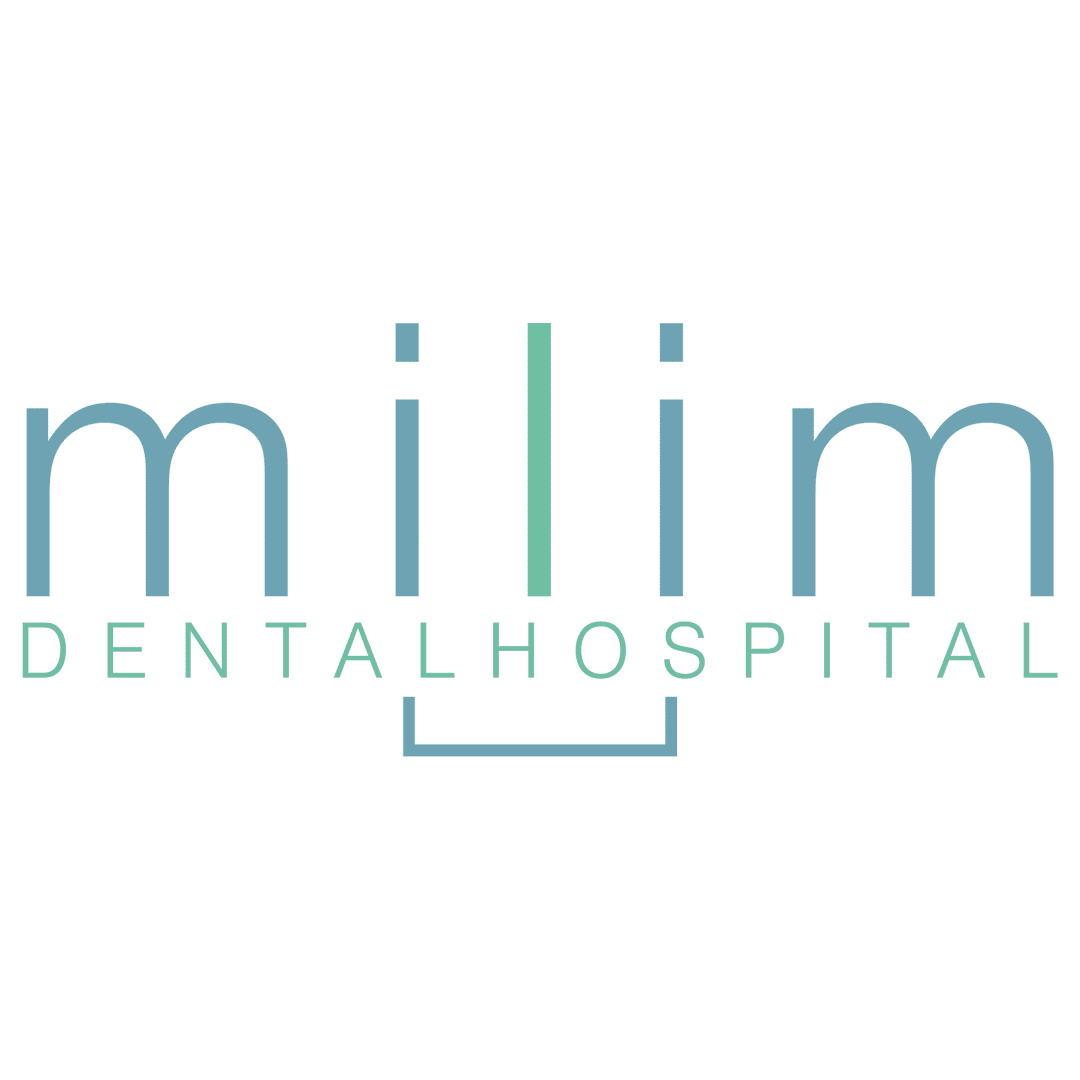

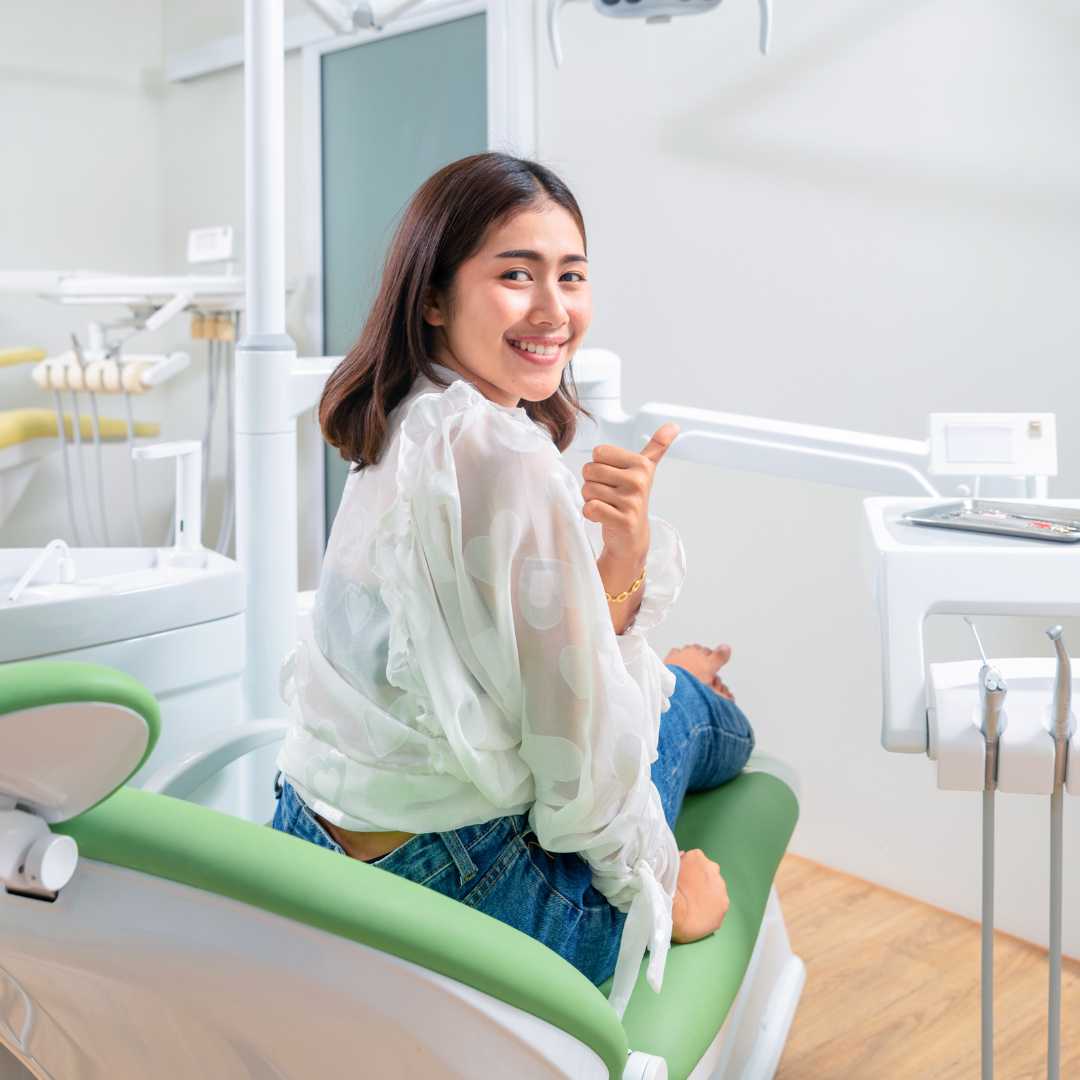
.png)
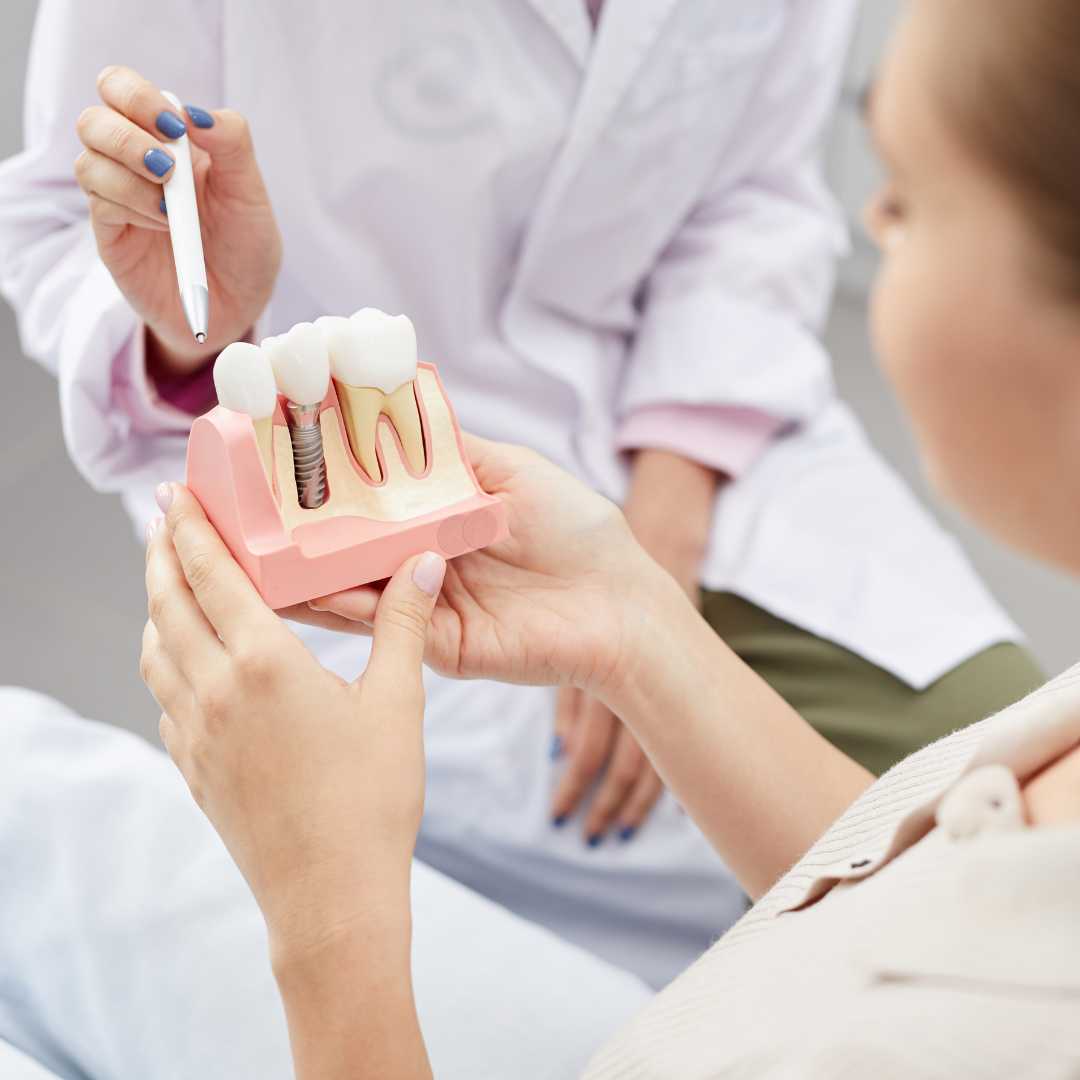

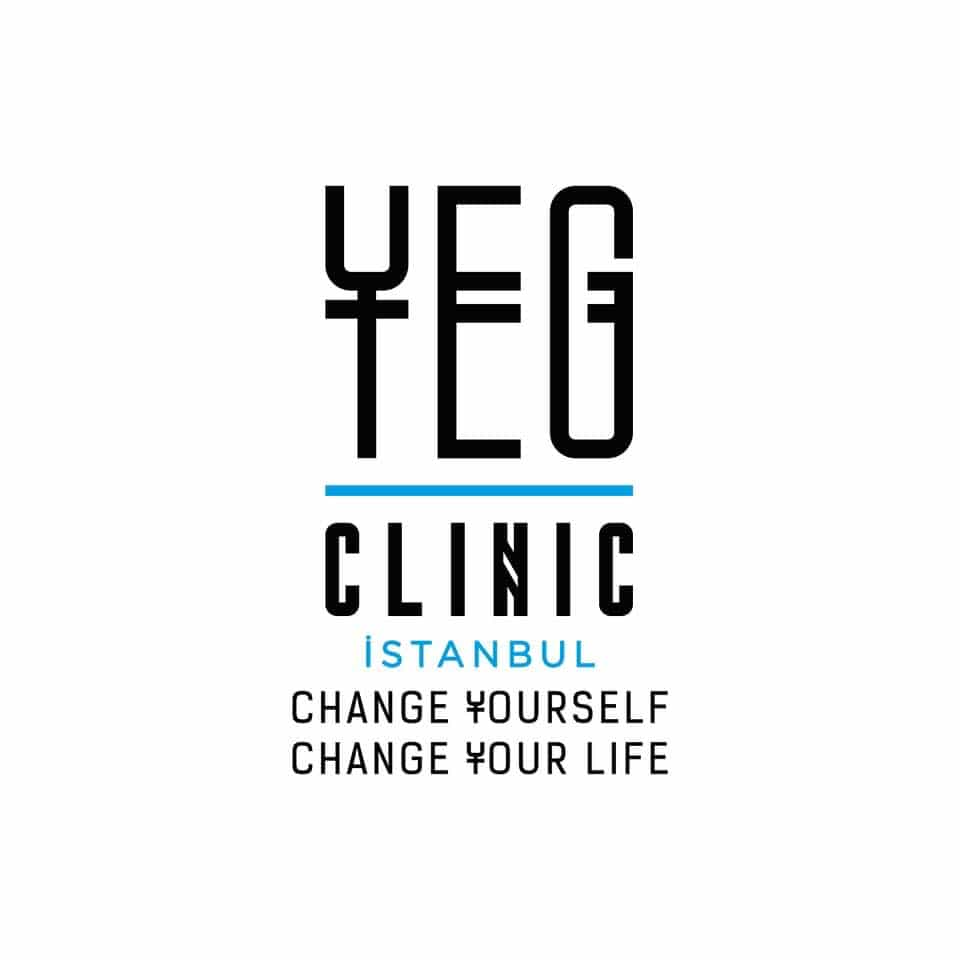
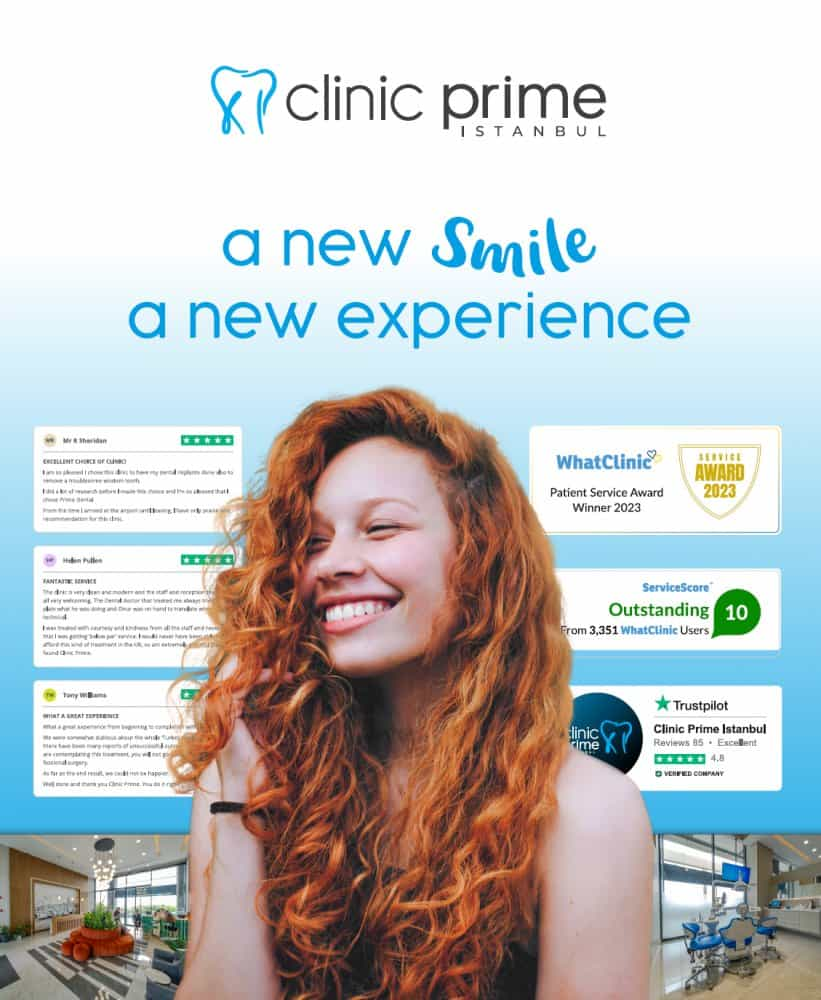

.png)

Share this listing